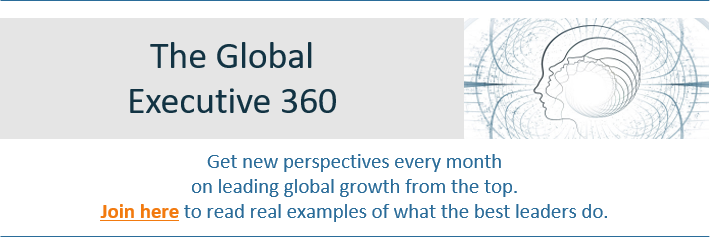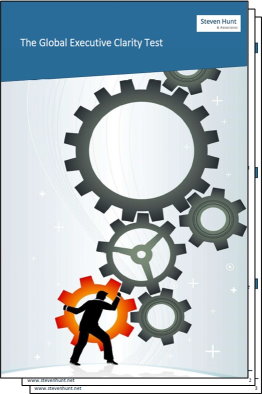When it comes to goal achievement, focus on opportunity, tools, and support.
Who is the best boss you ever had? I’ve asked hundred of managers this question. It’s not the charismatic manager, funny manager, or caring manager. The most popular answer, across all geographies and industries, is “the boss who helped me to work at my best”.
This is opportunity, specifically helping people to make the most of it.
Put opportunity together with the right tools and great support, and you have three of the five factors that predict high goal achievement. The other two factors are optimism and willpower.
Of the five factors – opportunity, tools, support, optimism, and willpower – managers strongly influence the first three.
So how do the best global managers do it?
Opportunity is all about timing
Remote working is not new. My colleagues and I have been remote working for two decades. This is a normal week: I have Zoom calls lined up with people in Berlin, Hamburg, San Francisco, Miami, Milan, and Zurich. Go back 15 years, most managers would have spent at lest three days traveling to those European destinations. For sure, it’s still important to meet people face-to-face. But why waste so much time every week sitting in an airport lounge?
Even in 2019, many Zoom users were fixated by having a green screen and a virtual background, so it looked like they were sitting in a “real” office.
The opportunity to raise productivity is there because the timing is right. The pandemic is eliminating ego-boosting virtual backgrounds and needless business travel. My colleagues and clients achieve our goals without wasting time on Advanced Setting in Zoom or sitting in an airport lounge.
Key question #1: As you look across the global group you lead, what are the new opportunities right now that others haven’t seen and haven’t exploited?
Tools to take advantage of opportunities
Tools fall into four categories: the resources, the skills, the equipment, and the budget to get things done.
You can achieve more than you think with the tools you already have. Look at how most businesses switched rapidly to remote working in 2020. It required new thinking, clear concepts, and fast action. That means execution without wrapping everything in layers of bureaucracy.
The question is rarely about getting more budget to buy more tools. It about creating advantage and continuously creating value for your customers.
Key question #2: How do we take advantage of the global opportunities (for our global group) with the tools we’ve got?
When you frame the question this way, you only invest in additional tools when there are clear payoffs. That cuts the time people spend on integrating and co-ordinating work processes, giving them more time to focus on achieving their goals.
You support is crucial, too.
Support comes in three flavours:
- Motivation. It’s easier to raise it when others have the same goal.
- Intellectual. This is sharing intelligence, insights, and expertise.
- Accountability. Everyone is accountable for their actions. But accountability is stronger when it is public. It doubles the rate of goal achievement.
The key questions for global managers are twofold.
Key question #3: What are the tangible and intangible mechanisms (e.g. platforms and software tools) that allow people to share across global sites and functions?
Key question #4: On a scale of 1 to 10 (1=not at all; 10=excellent), how well do my group say I facilitate sharing? An average score of six or less needs attention now because it is a strong indicator of global inefficiency.
Optimism and willpower
That leaves optimism – the belief that the future will be better – and willpower – the personal need to achieve and not give up.
Optimism and willpower are intrinsic. In difficult situations, optimists see the opportunities, pessimists see the problems. Plus, having the strength to keep going is in you or not. Motivational posters don’t help much. There’s little you can do as a manager to change those default settings. It’s the reason people still hire for attitude and train for skills.
When you use opportunities, make clear decisions about the tools, and facilitate support, then goal achievement is high. To get there, managers need to be sensitive to local sites and differences across global functions. But doing so ultimately saves time and ensures better results.

















